At Tenaga Nasional Berhad (TNB), we recognise that good health is the cornerstone of a strong workforce. Beyond the immediate risks to individuals, illness can weaken team morale, disrupt operations, and reduce overall efficiency.
To ensure the well-being of our people, TNB is committed to more than just disease prevention. We strive to equip our employees with the knowledge and awareness needed to take ownership of their health and safety - both at work and in their daily lives.
Through regular health briefings and awareness campaigns, we provide practical tools and information to help our workforce stay informed and proactive about pressing health concerns. By focusing on prevention, education and responsible health practices, we actively contribute to a healthier and ultimately safer working environment.
The impact of illness is not confined to the individual - it affects families, teams, and the wider organisation. By investing in the well-being of our people, we are safeguarding their future and strengthening the communities we serve.
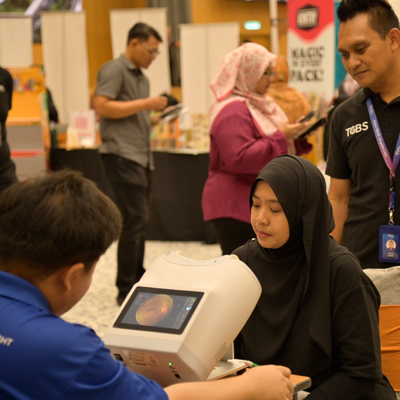
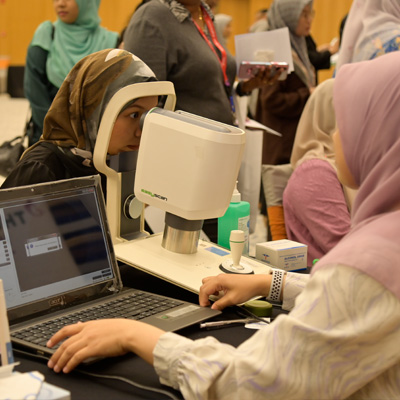
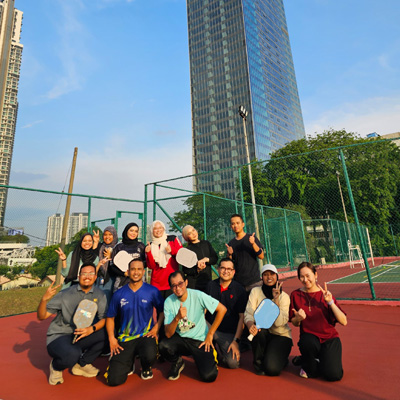
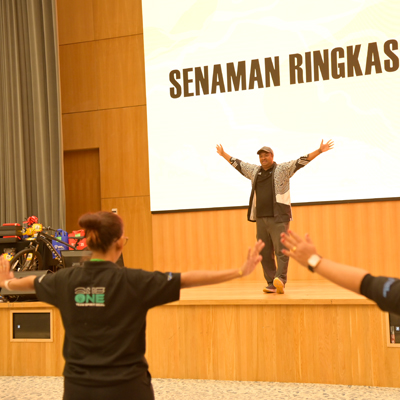
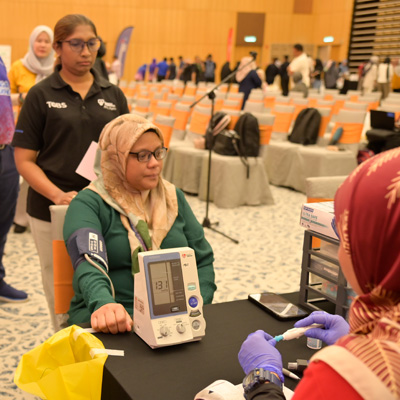
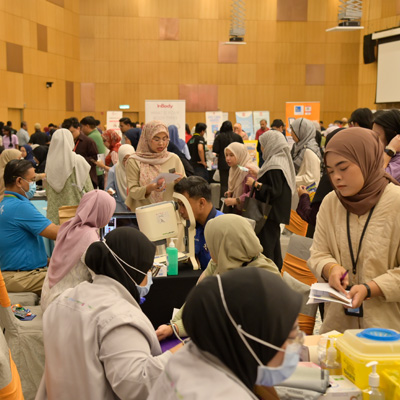
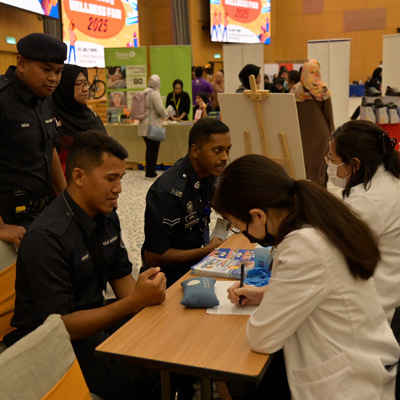
Building Awareness Through Targeted Health Education
TNB has conducted a series of health awareness sessions led by our in-house medical professionals from TNB Healthcare, the TNB Bangsar Clinic, and the TNB Janamanjung Clinic. These sessions have focused on critical communicable diseases such as tuberculosis, dengue, HIV/AIDS, malaria, and influenza.
These sessions are organised regularly across TNB premises, typically held monthly in line with operational availability. Launched in April 2025, the programme has continued steadily into the following quarter, reinforcing our ongoing commitment to promoting health and well-being in the workplace.
| No | Date | Topics | Participants |
|---|---|---|---|
| 1 | 17 April 2025 | Tuberculosis (TB) | 116 |
| 2 | 15 May 2025 | Dengue Fever | 118 |
| 3 | 29 May 2025 | HIV/AIDS | 79 |
| 4 | 12 June 2025 | Malaria | 69 |
| 5 | 10 July 2025 | Influenza | 101 |
Table 1: Completed Health Talks
Looking ahead, additional sessions are being planned on other relevant communicable diseases, further broadening the scope of our employee health education efforts.
| No | Date | Topics |
|---|---|---|
| 1 | 14 August 2025 | Hand, Foot, & Mouth Disease |
| 2 | 11 Sept 2025 | Chicken Pox |
| 3 | 13 Nov 2025 | Pertussis |
Table 2: Upcoming Health Talks
For reference, the following are the diseases that have been covered in our health awareness sessions.

Tuberculosis (TB), historically known as the ‘dry cough’, was once the leading cause of death in Malaya. It spreads through the air and mainly affects the lungs, with symptoms like a persistent cough lasting over two weeks, weight loss, night sweats, and coughing up blood. TB can be fatal, especially for those with HIV/AIDS, but is preventable and treatable through early detection, vaccination, good hygiene, and consistent medication. Workplace awareness and timely treatment are essential to control its spread.
This health talk provides employees with a clear understanding of TB - how it spreads, its symptoms, and its impact on health. The session highlights risk factors, particularly for vulnerable individuals, and promotes the importance of screening, vaccination, and timely treatment. It also encourages good hygiene practices and workplace awareness to minimise transmission, while empowering employees to seek early medical attention and contribute to a safe, healthy environment.

In Malaysia, HIV/AIDS remains a public health concern, primarily affecting young adults aged 20-39, with males disproportionately impacted. In 2022, nearly 3,200 new cases were reported. HIV spreads through unprotected intimate contact, shared needles, blood transfusions, and mother-to-child transmission. Early symptoms include fever, fatigue, swollen lymph nodes, and weight loss. While incurable, HIV can be managed with medication. Prevention involves safe practices, regular testing, and avoiding needle sharing.
The HIV/AIDS health talk aims to increase understanding of the virus, how it affects the immune system, and the various modes of transmission. It also addresses common myths and misconceptions, emphasises the importance of early testing and treatment, and highlights preventive measures. The session promotes a supportive, stigma-free workplace and encourages employees to take proactive steps in protecting their health and supporting colleagues living with HIV/AIDS.
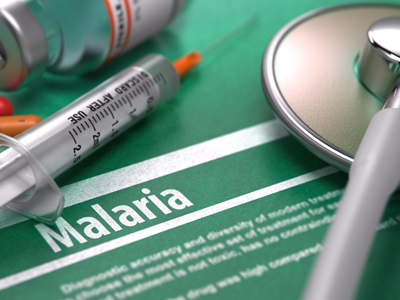
Malaria, though less common than dengue, remains a concern in Malaysia’s forested areas, where it can spread from primates to humans via mosquito bites. Symptoms include fever, chills, and jaundice. The disease is preventable with repellents, bed nets, and avoiding high-risk areas. Early treatment is crucial for effective control.
This health talk provides a comprehensive understanding of malaria, including how it spreads and its relevance to TNB’s operational areas. It explores current infection trends, high-risk zones in Malaysia, and recognisable symptoms and complications. Practical workplace prevention strategies are shared, along with guidance on managing risk among employees, especially those working in or near affected areas.

Influenza is a contagious respiratory illness that spreads through airborne droplets or contaminated surfaces. While often mild, it can cause serious complications in young children, the elderly, and those with chronic illnesses. Common symptoms include sore throat, cough, fever, and body aches. Prevention includes annual flu vaccines, good hygiene, and avoiding contact with the sick. Antiviral medications may be needed for high-risk individuals.
The influenza health talk aims to provide a clear understanding of the flu, how it spreads, and why it remains a seasonal health concern. It helps employees recognise key symptoms, differentiate it from other respiratory illnesses, and understand its potential impact on workplace productivity. The session covers prevention strategies such as vaccination and respiratory etiquette, and encourages early detection and treatment as part of a proactive health approach.

Dengue is a serious mosquito-borne disease in Malaysia, with cases rising sharply from over 43,000 in early 2023 to nearly 60,000 in 2024, resulting in increased deaths. Spread by daytime-biting Aedes mosquitoes breeding in stagnant water, dengue symptoms include high fever, headache, muscle pain, rash, and fatigue. There is no cure; treatment focuses on hydration and pain relief. Prevention requires eliminating mosquito breeding sites, using repellents, fogging, and active community involvement.
The dengue health talk aims to raise awareness about prevention, help employees recognise early symptoms, and understand available treatment options. It also shares updates on vaccine development and vector control, reinforcing the importance of eliminating breeding sites, using repellents, and active community participation in dengue prevention efforts.
Prioritising Health As A Shared Responsibility
Communicable diseases such as tuberculosis, HIV/AIDS, malaria, influenza, and dengue pose not only medical challenges but also significant risks to public health and workplace safety. Their ability to spread quickly means that one overlooked case can have far-reaching consequences.
At TNB, we treat these threats with the seriousness they deserve, placing health education and disease awareness as core components of our employee safety agenda.
By staying informed, practicing prevention, and supporting each other, we create a stronger, healthier workforce that is ready to power the nation.